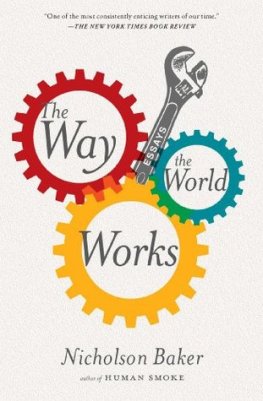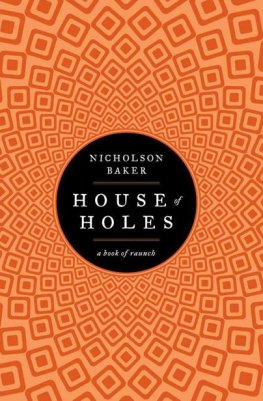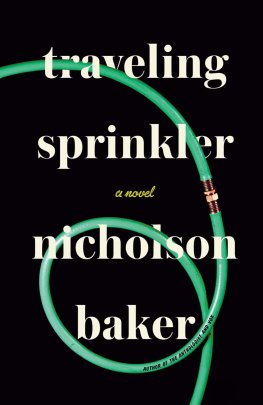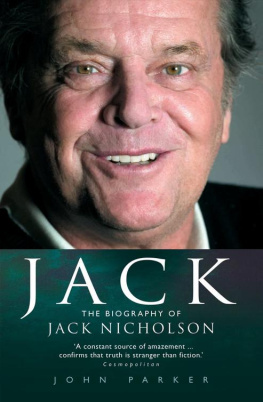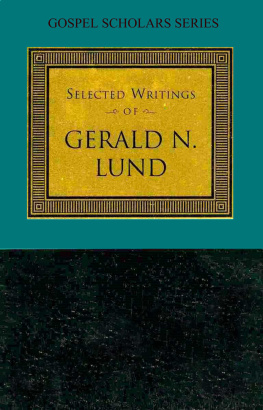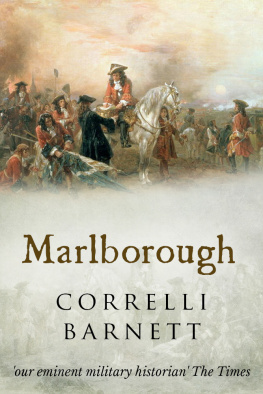AS TO THE DUKE OF Marlborough... it was allowed by all men, nay even by France itself, that he was more than a match for all the generals of that nation. This he made appear beyond contradiction in the ten campaigns he made against them; during all which time it cannot be said that he ever slipped an opportunity of fighting when there was any probability of his coming at his enemy. And upon all occasions he concerted matters with so much judgment and forecast that he never fought a battle which he did not gain, nor laid siege to a town which he did not take.
Thus recorded in his diary Captain Robert Parker, whose regiment, the 18th Foot (Royal Irish), fought under Marlborough in the War of the Spanish Succession and contributed in no small way to the high reputation with which the British Army emerged from that conflict. So enthusiastic an estimate might well be discounted as coming from one who served with the Duke and whose judgment might tend to be unduly influenced by his great personal charm and the blaze of fame which surrounded him while he lived. But other critics with no grounds for personal bias have been just as generous; indeed Marlboroughs military stature has grown with the passage of time. A century later one of Napoleons ablest officers, General Foy, could find no higher praise for the brilliant generalship displayed by the Duke of Wellington at the battle of Salamanca than to place the Iron Duke almost on the level of Marlborough. Napoleon himself regarded Marlboroughs campaigns as a model; he read and re-read them many times, and appears to have accorded the English general a higher place than the great Frederick of Prussia. Modern military historians are unanimous in placing Marlborough in the forefront of the great soldiers of all time. If there had been no Marlborough, writes one of them, England would have sunk into a mere province of France, and the United States would have been French, not English.... Centuries hence, when historians write their account of an England which has become a mere name and of an Europe which has passed away, they will be silent about many men who are now reckoned great, but they will not pass over Marlborough.
The War of the Spanish Succession has been called the most businesslike of all wars in which British forces have been engaged. The investment of a comparatively small number of troops brought Britain rich returns. By the end of the war she had acquired valuable territorial assets (including her first permanent Mediterranean naval base) and had replaced France as the leading state in Europeand hence in the world. That a limited expenditure for men and materials could achieve such results must be credited in no small degree to the masterly guidance of the Duke of Marlborough. While he is remembered chiefly for the brilliant Continental victories which demonstrated his skill as tactician (and it is primarily with these battles that this study is concerned), these could not have crushed the power of France had it not been for his genius in the field of grand strategy, in which he was so ably served by his talents as statesman and diplomat.
The Supremacy of France in the Seventeenth Century
What were the circumstances in which England became involved in this war which was to bring her such profitable returns? Let us first look briefly at the political picture of Europe at the close of the seventeenth century. Dominating the scene was France, unified and expanded by forty years of masterful rule by the grand monarch, Louis XIV. Pursuing his doctrine of natural boundaries, Louis had fought two wars (the War of Devolution, 1667-8, and the Dutch War, 1672-8) in an attempt to extend French domains to the Rhine. He had managed to retain much of the fruits of this aggression by reaching a stalemate in a third conflict, the War of the League of Augsburg, 1689-97, thrust upon him by an alliance of European states who believed that the creation of a balance of power provided better assurance for stability in Europe than any enforced recognition of natural boundaries.
The lead in forming the Augsburg League in 1686 had been taken by the Emperor Leopold I, head of the Holy Roman Empire. This crumbling survival of a great tradition and a grandiose title was a loose alliance of some three hundred independent states covering roughly the territory of modern Germany, Austria, Czechoslovakia and Belgium. The most important member was Austria, which had been steadily growing stronger as the ancient empire, weakened by religious quarrels and destructive civil wars, fell into decline. The election to the imperial crown of a succession of princes of the Austrian branch of the House of Hapsburg had brought them little more than an historical title and dignified trappings, and it is not surprising that from their
court at Vienna they regarded the extension and consolidation of their own Austrian dominions as a more profitable venture than the defence of the decaying Germanic Empire. Of the German states which joined the league against Louis XIV the most powerful was the Electorate of Brandenburg, which in a few years was to become the Kingdom of Prussia.
The two other major partners in the original league were Sweden and Spain. The conquests of Gustavus Adolphus had made Sweden one of the largest states in Europe; her territories east of the Baltic extended from Finland to West Pomerania. But the enormous costs of her military campaigns had seriously weakened Sweden, and at the turn of the century, three years after the fifteen-year old Charles XII had ascended the throne at Stockholm, her chief rivals, Russia, Poland, Saxony and Denmark, banded together, judging the time ripe to strip her of her trans-Baltic possessions. As for Spain, once the leading power in Europe, the process of deterioration from her former greatness was far advanced. Her participation in the Thirty Years War (1618-48) and subsequent struggles had emptied her treasury and exhausted her military strength. Her hold on her vast territories in the New World was slipping, and in Europe, although her Mediterranean possessions (Sardinia, the Kingdom of the Two Sicilies, and Milan) were still intact, she had been forced to cede to France part of the Spanish Netherlands (the present Belgium and Luxembourg). Nor could Spain look to the crown for strong leadership out of her troubles. Since 1665 the Spanish throne had been occupied by the sickly Charles II, who from birth had been practically an imbecile.
In 1689 the expansion of the League of Augsburg into the Grand Alliance, largely through the efforts of William III, brought Holland and England into the coalition against France. By the latter half of the seventeenth century Holland (variously called the United Provinces or the Dutch Netherlands) had become Englands bitterest rival in sea power, trade and colonization (there were three Anglo-Dutch Wars between 1652 and 1674). These differences were composed, however, when in 1689, following the Revolution which drove James II into exile, his son-in-law, William of Orange, Stadtholder of Holland, was called to the English throne. William was the arch-enemy of Louis XIV, and he lost no time in embroiling England in his feud with France. Thus began the century-long struggle between the two countries which was to be fought out not only on the historic battlegrounds of Europe, but on less familiar fields in India and North America.



